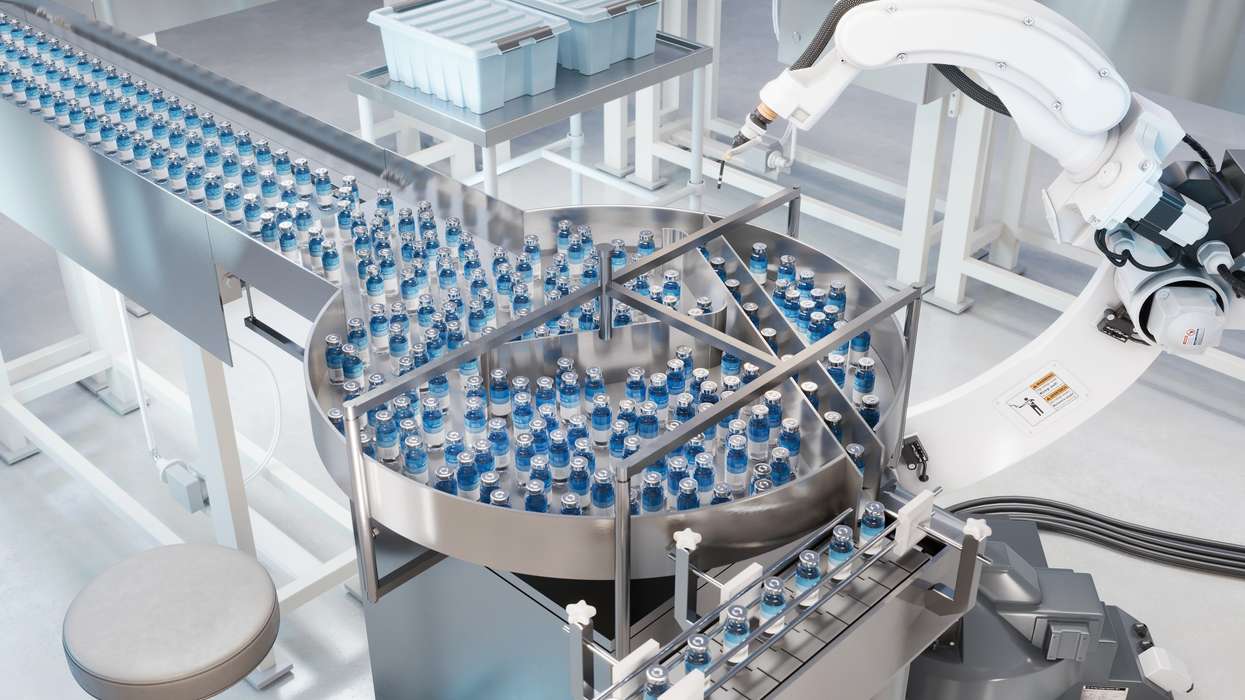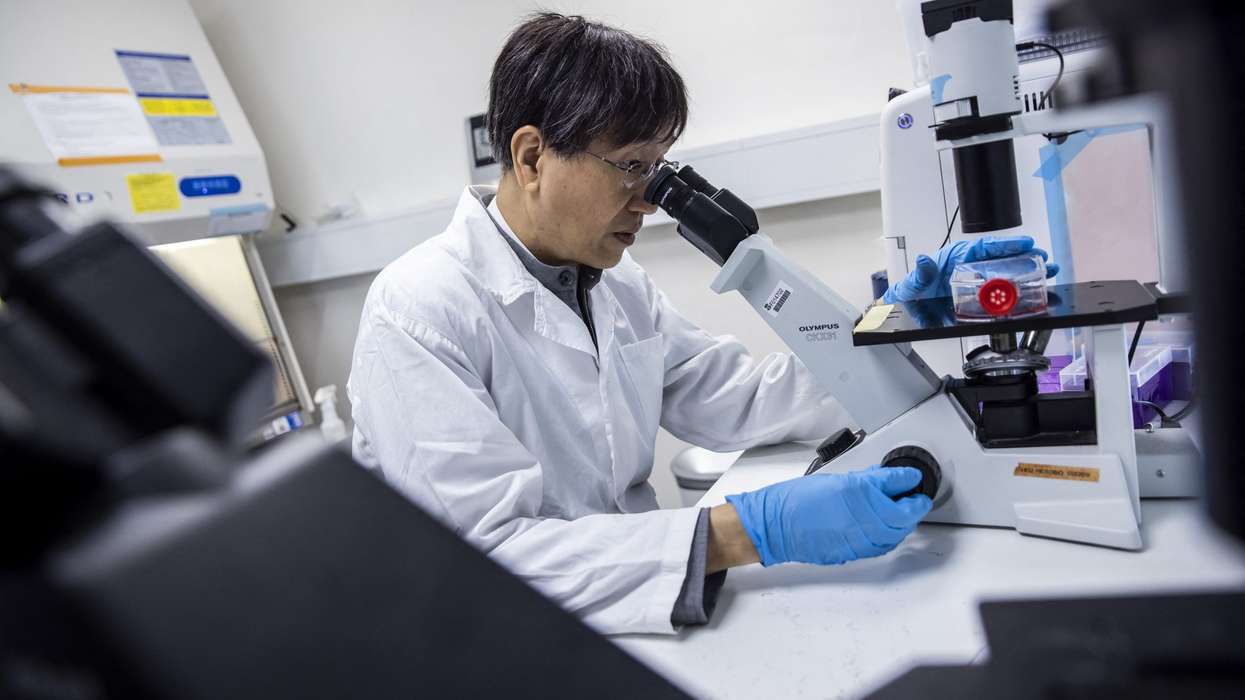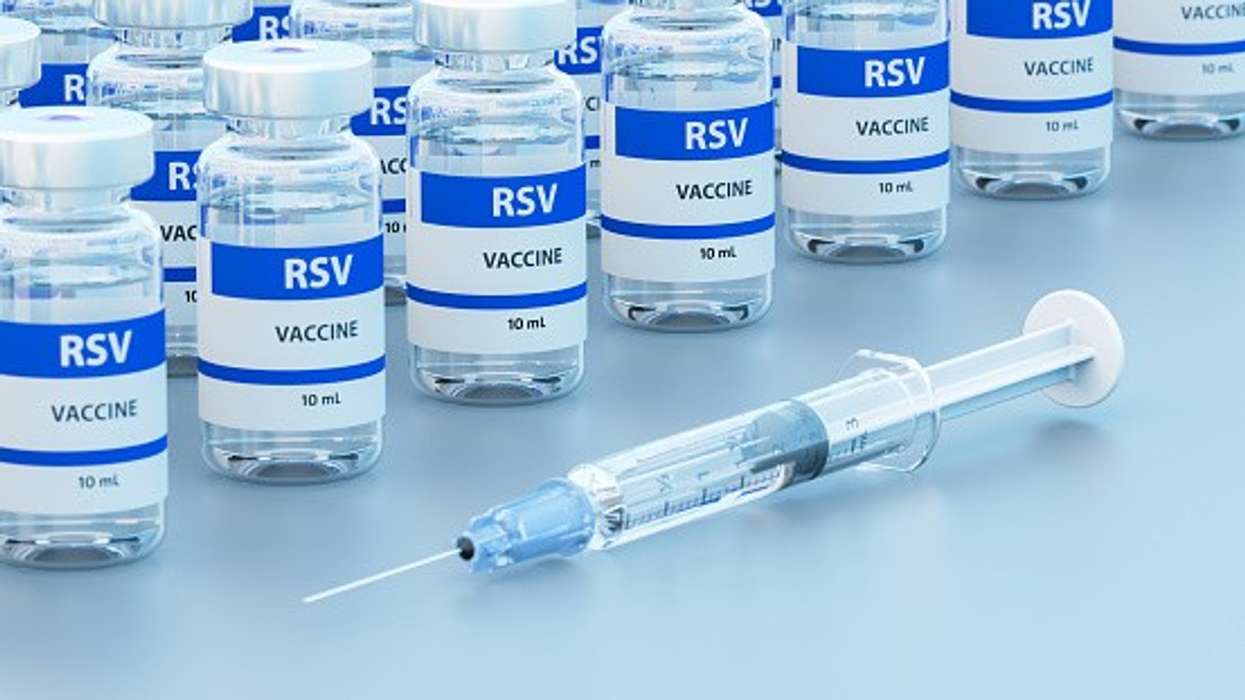British scientists said on Thursday (December 30) they would be studying whether higher doses of a cheap and widely used steroid called dexamethasone could work better for patients with severe Covid-19 compared to the standard low doses.
Last year, the same scientists conducting the large trial, dubbed RECOVERY, showed that dexamethasone was able to save the lives of Covid-19 patients in what was called a "major breakthrough" in the coronavirus pandemic.
They had found that a 6 mg daily dose of dexamethasone, which is used to reduce inflammation in diseases such as arthritis, cut death rates by around a third among the most severely ill Covid-19 patients in hospitals.
"Given how quickly the Omicron variant is spreading, we can expect to see patients admitted to hospital with severe Covid-19 for a while to come," said Peter Horby, an Oxford University professor co-leading the trial.
"This makes it very important that we continue to explore ways to further improve the care of patients with severe Covid-19."
RECOVERY will compare a higher dose of 20 mg of dexamethasone given once daily for five days, followed by 10mg once-daily for a another five days, to the usual low dose treatment given for up to ten days, the trial's website showed.
The trial is backed by the UK government and Microsoft billionaire Bill Gates and former wife Melinda French's charity. Last week, the scientists began studying GSK and Vir Biotechnology's antibody-based Covid-19 drug as a possible treatment for hospitalised patients.











